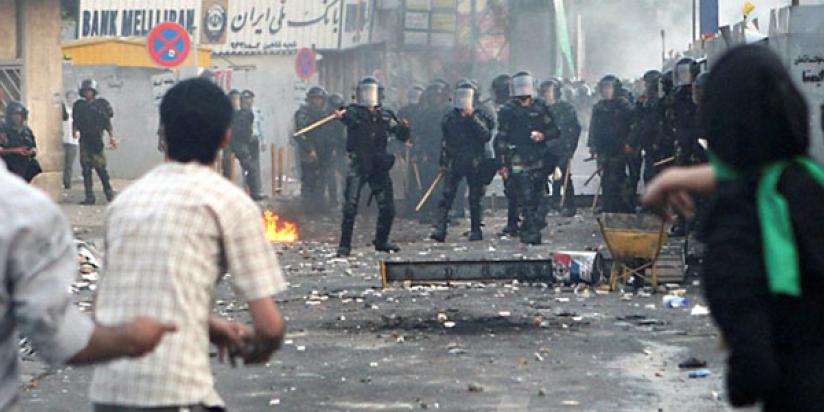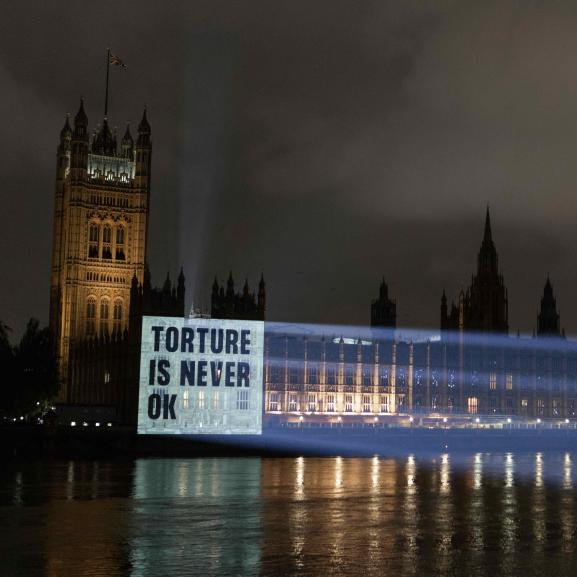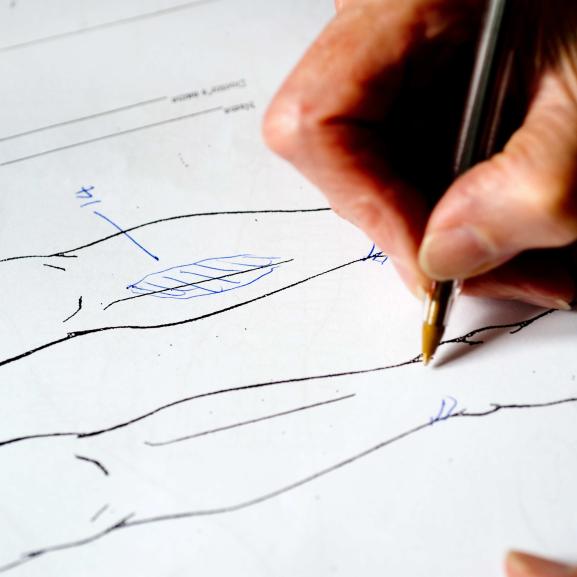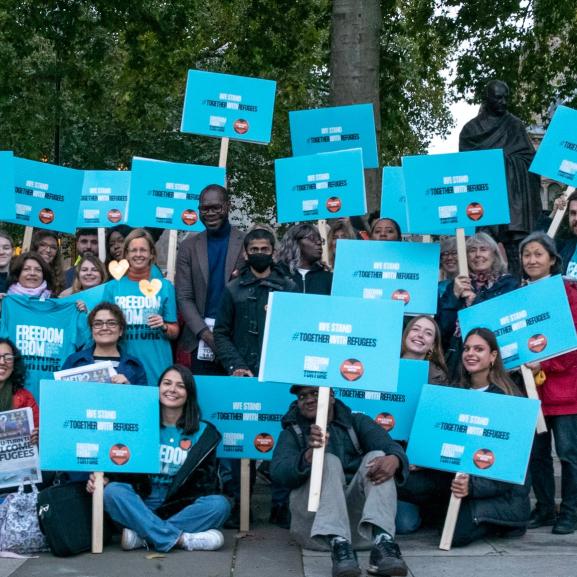Torture in Iran
The Iranian government uses torture to create fear, and suppress political dissent. People from Iran have been coming to us for help for decades.
Many different people are at risk of torture in Iran. Some people have been tortured for political reasons, like criticising the government. Others for behaving in a way the government finds ‘unacceptable’. For example, for listening to western music. Sometimes torture is used to make people confess to crimes they may or may not be guilty of.
Our evidence documents torture across the country. The police, security and intelligence services are all responsible.
In December 2017, our report, Turning a blind eye: Why the international community must no longer ignore torture in Iran revealed the widespread use of torture in Iran since the 1980s and as recently as 2015. This is despite the constitution of Iran banning torture.
Our 2017 report looked at evidence from 69 men and women who sought our help after fleeing the country because of torture. All described horrific physical abuse. Both men and women were tortured sexually and many were threatened with violence against their family members if they spoke out their ordeal.
This followed our 2013 report, We will make you regret everything: torture in Iran since the 2009 elections, which details torture perpetrated in the lead up to and in the weeks, months and years following Iran’s presidential elections held on 12 June 2009.
Together they provide an alarming insight into the brutal methods used by Iranian authorities to control the people of Iran.







